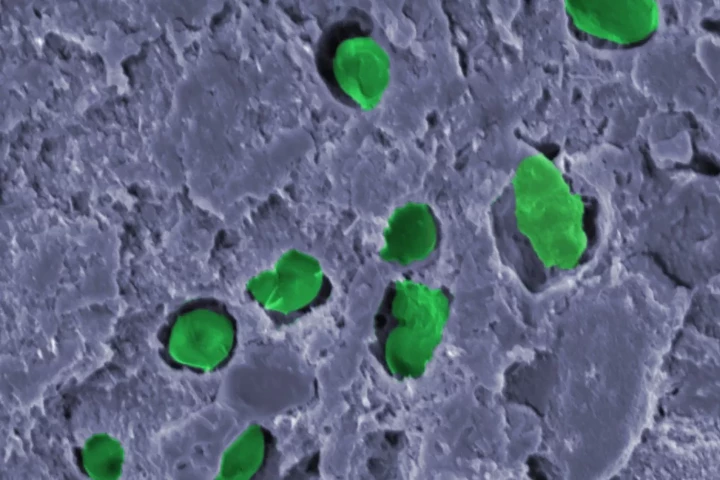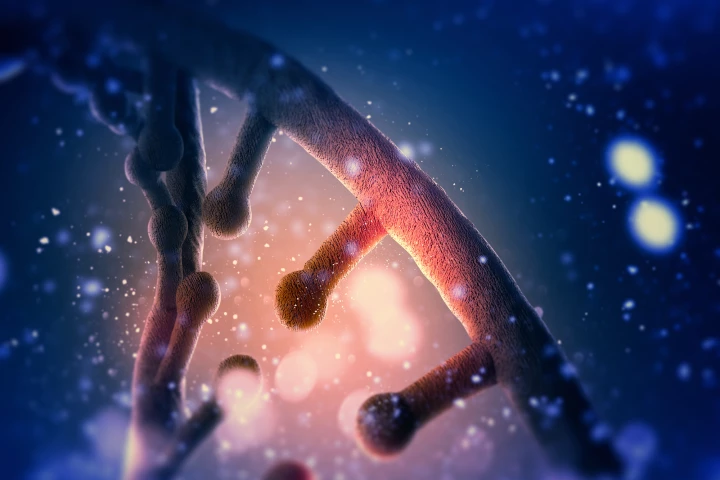University of Surrey
-
Sodium-ion batteries offer multiple advantages over their lithium-ion cousins. Energy storage, however, isn't one of them. That might be set to change thanks to a new method of creating the batteries involving water-rich cathodes.
-
Not getting enough vitamin D can weaken bones, teeth, and muscles by interfering with calcium absorption. Now there's another reason to avoid a serious D deficiency: it can make respiratory tract infections much worse, according to a new study.
-
Pangolins already dig in the dirt, so why not get them planting trees while they're at it? Well, training them would be pretty hard, which is why a California high school student named Dorothy designed a pangolin-inspired robot to do the planting.
-
Current evidence suggests many organisms will struggle to keep pace with a changing climate. However, unlucky for us, some pathogens may thrive – including, as this new study suggests, the bugs that cause the common diarrhea illness campylobacteriosis.
-
Diabetes patients who are sick of daily insulin shots may soon only have to inject themselves once a week. A year-long phase 3 clinical trial has shown that a weekly form of the hormone is just as effective in managing the disease as the daily form.
-
Researchers have created a paint containing living cyanobacteria that produces oxygen and can capture carbon dioxide. The bacteria’s ability to withstand extreme environments means the paint could even be used in outer space.
-
An ambitious project out of the University of Surrey aims to stop potholes from developing, using super-efficient ground source heat pumps and phase change microcapsules. We spoke to team leader Dr. Benji Cao to find out how it works.
-
When someone is using antipsychotic drugs, it's important that they take the correct dosage, and that they don't abruptly stop taking the medication. Soon, a fingerprint sweat test could be used to check that such people are following instructions.
-
The machinery at municipal recycling facilities often gets jammed up with the adhesives utilized on items such as jar labels and boxes. That may cease to be the case in the not-too-distant future, however, thanks to a new degradable adhesive.
-
Imagine if there were a robotic fish that filtered microplastic particles out of the water as it swam. Well, now there is one, and it's the physical version of the winning concept in the first-ever Natural Robotics Contest.
-
DNA mutates regularly, for better or worse, driving both evolution and disease. Researchers at the University of Surrey have now found evidence that some of these spontaneous mutations could be caused by the spooky realm of quantum mechanics.
-
A study investigating the impact of vitamin D on gene expression has found significant differences between vitamin D2 and vitamin D3 supplements. The findings indicate vitamin D3 may be more effective at strengthening the immune system compared to D2.
Load More











